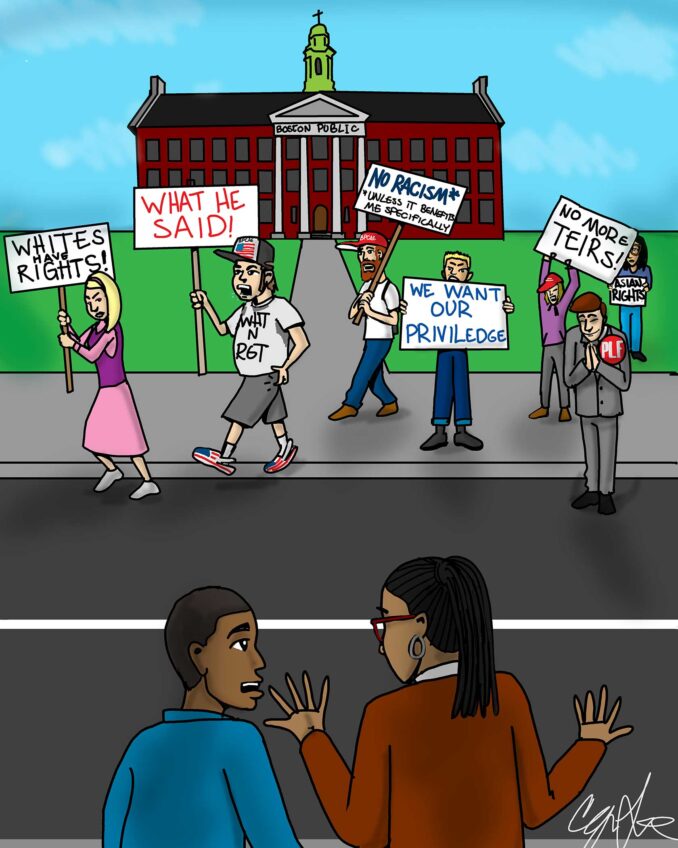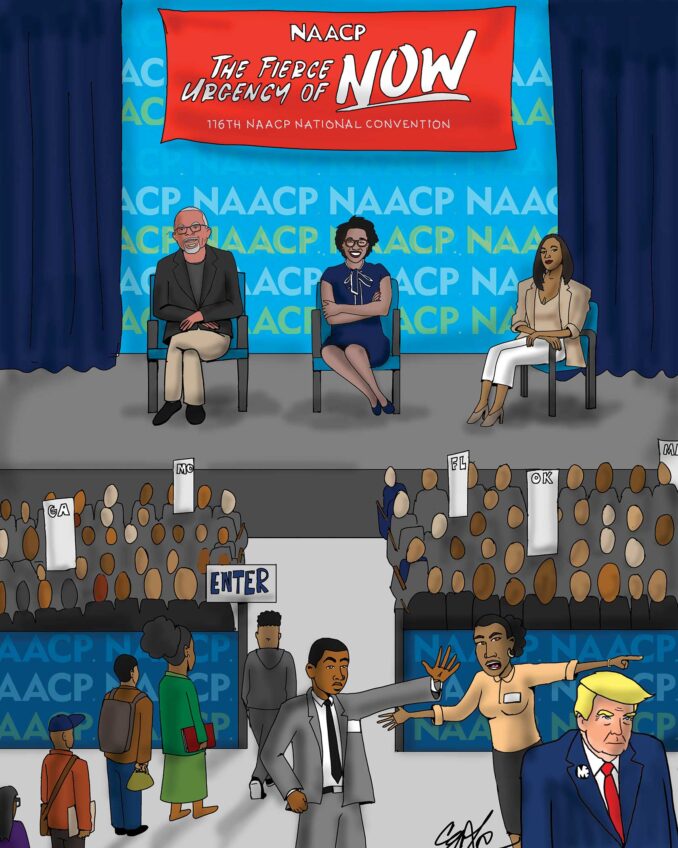
Kevin White’s ‘City upon the hill’
“Do not speak ill of the dead” is a worthy admonition. Those who are daring and imaginative in the course of their lives are bound to please some and disappoint others. The only way to assess the value of their accomplishments, then, is to determine their ultimate benefit to humanity.
The reign of Kevin H. White as mayor was indeed a colorful period in Boston’s history. His death inspired those who knew him to recover from their memories unique anecdotes of their contacts with him. Kevin brought a certain élan to Boston.
That was no accident. Like those before him with a profound love for Boston, Kevin also embraced Gov. John Winthrop’s vision of “a city upon a hill,” that could stand as a beacon to humanity. When he first took office as mayor in 1968, Boston was a primitively ethnic city. Kevin was determined that Boston should be more cosmopolitan and one of the world’s great cities.
When the Irish first arrived in great numbers in the 19th century, they were not greeted with open arms by the descendants of the pilgrims. The growing Irish population gave them a strong political advantage, much to the chagrin of the ruling Brahmins. The Irish also had conflicts with other immigrant groups — Italians, Germans, Poles, and Jews — because their smaller populations diminished their political clout. In 1960 the black population was 63,165, only 9.1 percent of the total and not yet politically significant.
Kevin White had the perfect background to bridge the ethnic breeches. He was Irish Catholic but did not have a parochial school education. Like an upper class Yankee, he went to Tabor Academy and Williams College. Whether he wished to admit it or not, he brought an Ivy League perspective to City Hall. However, his Irish political orientation was still intact. His father had been Boston City Council president.
Kevin had just become mayor when Rev. Martin L. King was assassinated on April 4, 1968. The mayor’s leadership kept the city calm while riots flared elsewhere across the country. Then six years later, in 1974, Kevin would be challenged again because of school busing that followed the desegregation order. Despite his numerous achievements, many evaluate Kevin’s success as mayor on his handling of those two events.
Kevin earned kudos for containing the M.L. King anger and criticism on the school busing riots. Now with the passage of time it is good to remember that the school committee ran the schools and the federal court controlled implementation of its order. Angry crowds from South Boston and Charlestown even marched on Sen. Ted Kennedy’s Boston office.
Kevin White cannot be held accountable for the unbridled anger over school busing. Despite these hostilities, Kevin began the process of including diverse ethnics in city government — a great contribution.
So it is clearly just and prudent not to speak ill of the dead.
An educational joint venture
Jobs should not be going unfilled during a period of high unemployment. When the reason is that applicants lack the skills to do the work, then there is an unfortunate education gap.
Gov. Deval Patrick has decided to solve the problem by expanding the scope of the education offered by community colleges to emphasize skills training for employment. With 120,000 job openings in Mass., Patrick’s dynamic action is timely.
The major issue is how this program is to be financed. It would be unfair to curtail academic programs for those planning to transfer later to a four-year college. The one question is the size of the school budget. The governor understands this, so he is increasing the community college budget by $10 million.
Companies that need workers with specialized skills ought to consider establishing apprentice programs like they have in Germany and other industrialized nations. It makes sense to establish the programs in community colleges, but companies should plan on paying the tuition for their prospective employees.
There will be great support for the expansion of the community college programs, but a reduction in academic courses in order to underwrite highly specialized job training will undoubtedly generate opposition.





